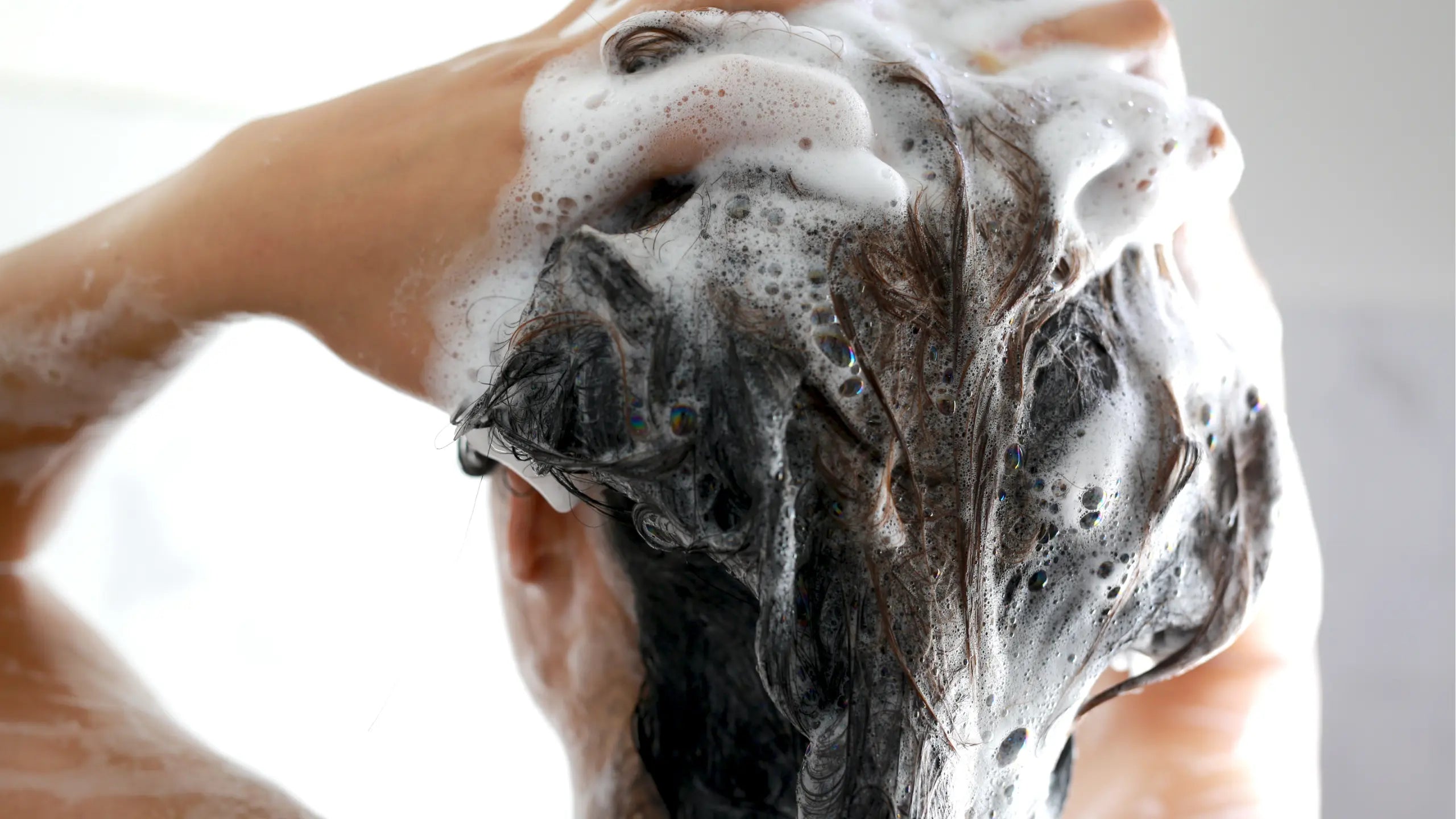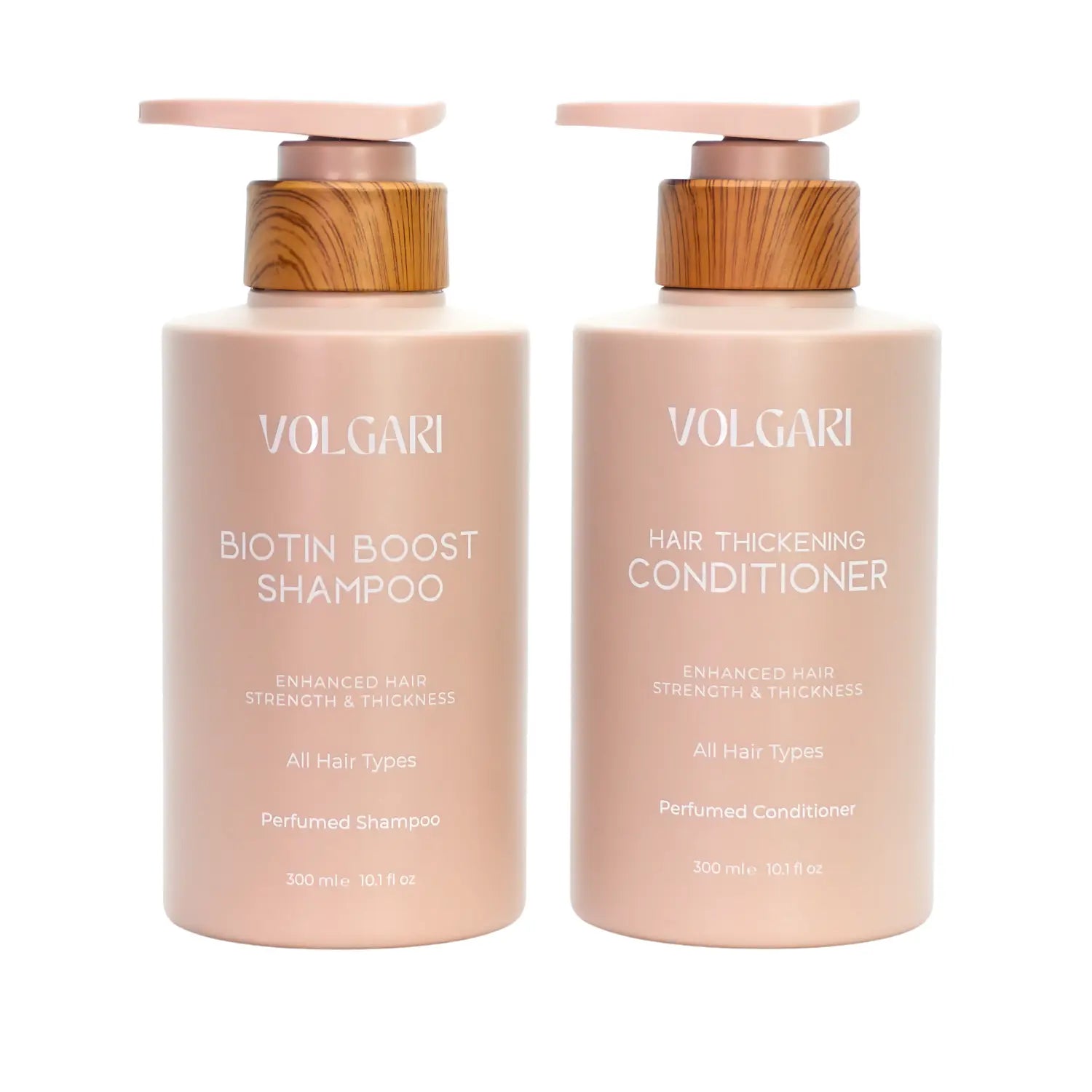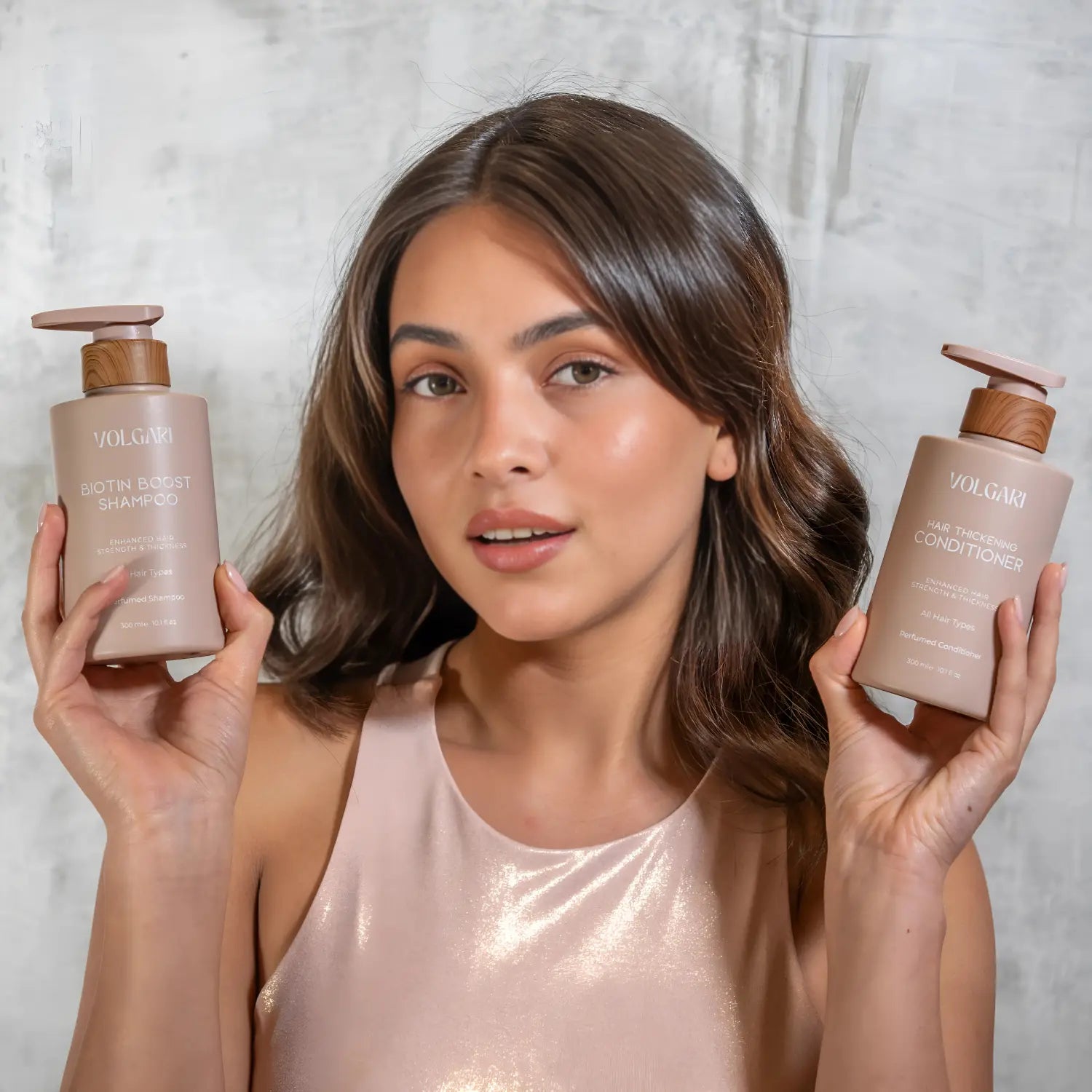
Understanding Sulfates: Why Avoiding Them Can Transform Your Hair Care
Are you aware of what goes into your hair care products? One ingredient that deserves your attention is sulfates. Understanding sulfates and their impact can be a game-changer for your hair care routine, especially if you're aiming for healthier, more vibrant locks. Let’s explore what sulfates are, why they can be harmful, and how avoiding them can lead to beautiful hair for all types and textures.
What Are Sulfates?
Sulfates are a class of cleansing agents derived from natural sources, often found in shampoos, conditioners, and body washes. The most common sulfates include Sodium Lauryl Sulfate (SLS) and Sodium Laureth Sulfate (SLES). These ingredients are effective at breaking down dirt and oil, providing that satisfying lather many of us associate with clean hair and skin.
Why Are Sulfates Harmful?
- Stripping Natural Oils:
- Dryness: Sulfates can strip your hair of its natural oils, leading to dryness and a lack of shine. This is particularly concerning for those with curly hair, thick hair, or color-treated hair, all of which require additional moisture. According to the American Academy of Dermatology, “harsh cleansing agents can lead to excessive dryness, particularly in people with naturally dry skin and hair” (AAD).
- Scalp Irritation:
- Sensitivity: For those with sensitive scalps, sulfates can cause irritation, leading to issues like redness, itchiness, and even flaking. Switching to a sulfate-free shampoo can help soothe your scalp and maintain its health.
- Dandruff: The American Academy of Dermatology states, “a scalp that is not properly cared for can lead to irritation and conditions such as dandruff” (AAD).
- Compromised Hair Integrity:
- Breakage: Regular exposure to sulfates can weaken hair strands, resulting in increased breakage and split ends. This is especially problematic for those with damaged hair or color-treated hair, who need to prioritize hair repair.
- Thinning Hair: Over time, the harshness of sulfates can contribute to thinning hair, making a sulfate-free regimen an essential choice for maintaining hair volume.
The Benefits of Avoiding Sulfates
- Moisture Retention:
- Hydration: Sulfate-free shampoos are formulated to retain moisture, leading to softer, shinier hair. If you struggle with dryness, a nourishing, sulfate-free shampoo can make a significant difference. This is especially true for those using conditioners designed for oily hair or daily moisture products.
- Deep Moisture: For those with curly hair or thick hair, sulfate-free conditioners provide the deep moisture needed to define curls and enhance natural texture.
- Gentle Cleansing:
- Suitable for All Hair Types: Sulfate-free products are gentle enough for all hair types and textures, making them ideal for daily use. They clean without stripping essential oils, ensuring hair remains healthy and vibrant.
- Scalp Care: These products help maintain a balanced scalp environment, promoting overall hair health and resilience.
- Enhanced Color Care:
- Color Preservation: For individuals with color-treated hair, sulfate-free shampoos help preserve color vibrancy and prevent fading. A Gallup survey found that “78% of consumers prefer products that are free from harsh chemicals” (Gallup), highlighting a trend towards cleaner beauty products.
- Nourishing Ingredients: Many sulfate-free shampoos include nourishing botanical extracts that promote shine and softness without compromising color. This is essential for maintaining the integrity of treated hair.
What to Look For in Sulfate-Free Hair Care
When selecting a sulfate-free shampoo or conditioner, look for products that also avoid parabens and are cruelty-free. Many brands offer organic fragrances and use certified organic ingredients, ensuring your hair care routine aligns with clean beauty standards.
- Hydrating Formulas: Choose shampoos and conditioners that focus on hydration and moisture retention, especially if you have dry, damaged, or color-treated hair.
- Nourishing and Repairing Ingredients: Look for ingredients like natural oils, proteins, and vitamins that can help strengthen and repair your hair.
- Professional Quality: Consider premium brands that offer professional-grade formulations for a salon-like experience at home.

